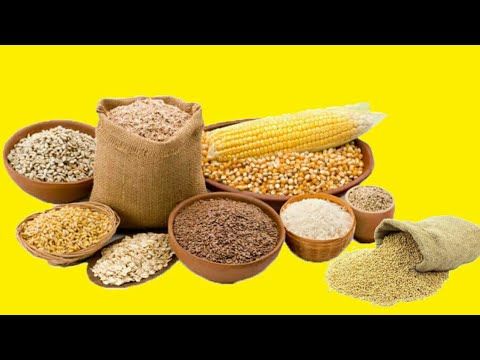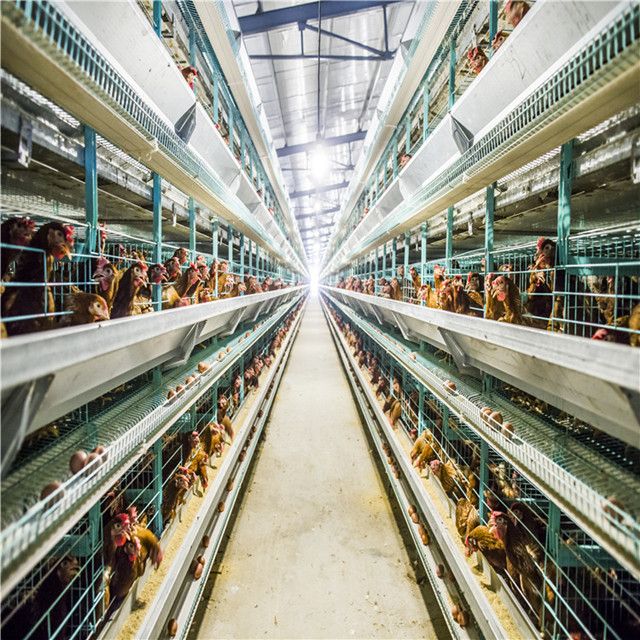Efficiency and profitability are key considerations in the management of poultry layers. As the demand for eggs continues to rise, it is crucial for poultry farmers to implement practices that optimize production, reduce costs, and increase profitability.
By the way you should Note that our company can help you to start by giving you all the necessary information you need to get started if not yet in the business. Please check our online shop, we have all the standard business proposals for different capacities at very a cheap price made by the best agricultural specialists as well as Standard design plans that are made by the best agricultural architects around the globe. please visit our online shop now using the links below to witness by yourself
Design plans (FARM HOUSE DESIGNS – Kimd Construction & Farm Consultants)
Business plans (BUSINESS PLANS & PROPOSALS – Kimd Construction & Farm Consultants)
Welcome back from visiting our shop, hope you have placed your order for any of our products or you can place it after navigating more of our informative articles.
So let’s continue with our article!
- Proper Housing and Ventilation:
Creating a well-designed and properly ventilated housing system is essential for optimal production and flock health. Adequate space, proper temperature control, and ventilation systems that provide fresh air are crucial factors in maximizing egg production and minimizing stress-related issues. Well-ventilated housing also helps reduce the risk of respiratory diseases.

- Quality Feed and Nutrition:
Providing high-quality feed that meets the nutritional requirements of poultry layers is essential for efficient production. A balanced diet rich in protein, vitamins, minerals, and essential amino acids promotes optimal growth, egg production, and overall flock health. Regular monitoring of feed quality, proper storage, and appropriate feeding programs tailored to the specific needs of the layers are essential for maximizing efficiency.

- Lighting Management:
Proper lighting plays a significant role in the performance and productivity of poultry layers. A well-managed lighting program that mimics natural daylight patterns helps stimulate egg production and maintain consistent laying patterns. Providing the right amount and duration of light, along with appropriate dimming and intensity control, can significantly improve efficiency and profitability.

- Disease Prevention and Biosecurity:
Implementing effective biosecurity measures is crucial in preventing the introduction and spread of diseases within the poultry farm. Regular vaccination, strict hygiene practices, controlled access to the farm, and proper waste management are essential components of a robust biosecurity program. By preventing disease outbreaks, farmers can avoid production losses and reduce the need for costly treatments.
- Data Monitoring and Analysis:
Utilizing technology and data monitoring tools can provide valuable insights into flock performance and help identify areas for improvement. Tracking key performance indicators such as feed conversion ratio, egg production rate, mortality rate, and egg quality parameters allows farmers to make data-driven decisions and optimize flock management practices. Regular analysis of production data helps identify trends, diagnose issues, and implement corrective measures for enhanced efficiency and profitability.
- Genetic Selection:
Choosing the right breed and genetic lines for egg production plays a vital role in maximizing efficiency and profitability. Selecting breeds that are known for high egg production, good feed conversion ratios, and disease resistance can significantly impact overall flock performance. Working closely with reputable hatcheries and breeders can help farmers select the best genetics for their specific production goals.
- Waste Management and Environmental Sustainability:
Proper waste management practices not only contribute to environmental sustainability but also help reduce costs and improve efficiency. Implementing efficient manure management systems, such as composting or anaerobic digestion, can convert waste into valuable fertilizer or biogas. Additionally, implementing energy-efficient systems and exploring renewable energy sources can further reduce operational costs and enhance profitability.
Conclusion:
Efficiency and profit management are essential aspects of successful poultry layer farming. By implementing practices such as proper housing and ventilation, quality feed and nutrition, lighting management, disease prevention, data monitoring, genetic selection, and waste management, farmers can optimize production, reduce costs, and increase profitability. It is important to continuously evaluate and adapt these practices to the specific needs of the flock and market conditions.




